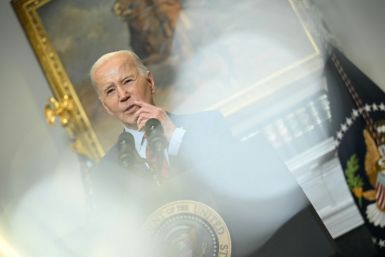One Billion Youth Face Risk Of Going Deaf Because Of Loud Music: World Health Organisation

A new report by the World Health Organisation, the health arm of the United Nations which assessed the health systems around the world, showed that more than 1 billion young people all around the world might risk going deaf because of loud music. It was found that almost 50 percent of the people between the ages of 12 and 35 faced a risk of losing their hearing due to listening to music on their personal devices, reported Medical Daily.
The director of the Department for Management of Non-communicable Diseases, Disability, Violence and Injury Prevention in the WHO, Dr. Etienne Krug, said that as the young people went about their daily lives doing what they enjoyed, they were placing themselves at a high risk of losing their hearing. He explained that the young people should be aware about the fact that once hearing was lost, it could not come back. He added that simple preventive actions would allow them to enjoy themselves and at the same time, protect them from losing their hearing.
A Gallup poll found that in the US, 64 percent of the people owned a laptop while 62 percent owned a smartphone. It was reported that lots of people among those who owned laptops and smartphones listened to music for hours every day.
The study by WHO found that the risk of listening to music was not limited to smartphones and laptops but also affected those who went to concerts, clubs and even fitness classes. It was found that about 40 percent of the people risked going deaf when they attended such events or classes. The study also found that the rates of loss of hearing had gone up from 3.5 percent in 1994 to 5.3 percent in 2006 in teenagers between the ages of 12 and 19.
A WHO specialist on hearing impairment, Shelley Chadha, said that many young people were exposed to unsafe levels of sounds. She echoed Krug's message that once hearing was lost, it would not come back. In reference to vuvuzela, a wind instrument with a sound intensity of 120 decibels, she said that it was something that one could live without. It was found that the exposure of the sound of vuvuzela for more than nine seconds could cause irreversible hearing damage, reported Yahoo! News.
WHO considered that any sound above 85 decibels for a span of 8 hours or a volume of more than 100 decibels for 15 minutes was unsafe. At peak hours, traffic noise could reach a volume of 85 decibels.
To report problems or to leave feedback about this article, e-mail: afza.kandrikar@gmail.com.






